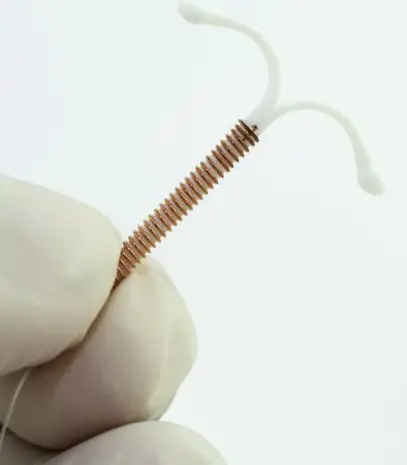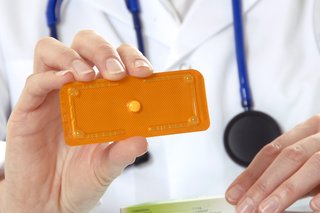Have you thinking of natural ways of preventing pregnancy? Read this article
You can become pregnant if you have unprotected intercourse even just once! Maybe you tried to protect yourself but the condom broke. Perhaps you were taking birth control pills but missed two or more of them, or you usually get a birth control shot every three months but missed your last shot. Or you thought that if your boyfriend didn’t release his semen inside you, you couldn’t get pregnant. Possibly in the heat of the moment, you just didn’t think about birth control. Maybe you were sexually assaulted.
Here Are The Different Ways Of Preventing Pregnancy
Condom:
The condom is the only form of contraception that protects against most STIs as well as preventing pregnancy. This method of contraception can be used on demand, is hormone free and can easily be carried with you. And it comes in male and female varieties.

Intrauterine Device (IUD) :
This small T-shaped device is made from made of material containing progesterone hormone or plastic and copper and is fitted inside a woman’s uterus by a trained healthcare provider. It’s a long-acting and reversible method of contraception, which can stay in place for three to 10 years, depending on the type.
Some IUDs contain hormones that are gradually released to prevent pregnancy. The IUD can also be an effective emergency contraception if fitted by a healthcare professional within five days (120 hours) of having unprotected sex.

The Contraceptive Implant:
In this method, a small, flexible rod is placed under the skin in a woman’s upper arm, releasing a form of the hormone progesterone. The hormone stops the ovary releasing the egg and thickens the cervical mucus making it difficult for sperm to enter the womb. The implant requires a small procedure using local anesthetic to fit and remove the rod and needs to be replaced after three years. Pros of the implant include: Highly effective; doesn’t interrupt sex; is a long-lasting, reversible contraceptive option.
The injection contains a synthetic version of the hormone progestogen. It is given into a woman’s buttock or the upper arm, and over the next 12 weeks the hormone is slowly released into your bloodstream.
The injection lasts for up to three months; is very effective; permits sexual spontaneity and doesn’t interrupt sex.

Emergency Contraception Pill (The ‘Morning After’ Pill) :
The Emergency Contraception Pill can be used to prevent pregnancy after sex if contraception wasn’t used, a condom has broken during sex, or a woman has been sexually assaulted.
While it is sometimes call the ‘Morning After’ pill, it can actually be effective for up to five days after having unprotected sex. The sooner it is taken, the more effective it is; when taken in the first three days after sex, it prevents about 85% of expected pregnancies.
This pill contains special doses of female hormones. Any woman can take the emergency contraception pill, even those who cannot take other oral contraceptive pills. It can be bought over the counter at a pharmacy or chemist without a prescription.
The common side effects of the emergency contraceptive include nausea, vomiting and the next period may be early or delayed. Emergency contraception does not protect against STIs.

Conclusion
Pregnancy can be prevented in several way .The above listed ways are not 100% guaranteed. The only safest way of preventing pregnancy is abstaining from sex if you are unmarried .While married women are advised to see a doctor.
You can as well read our article on Ectopic Pregnancy

